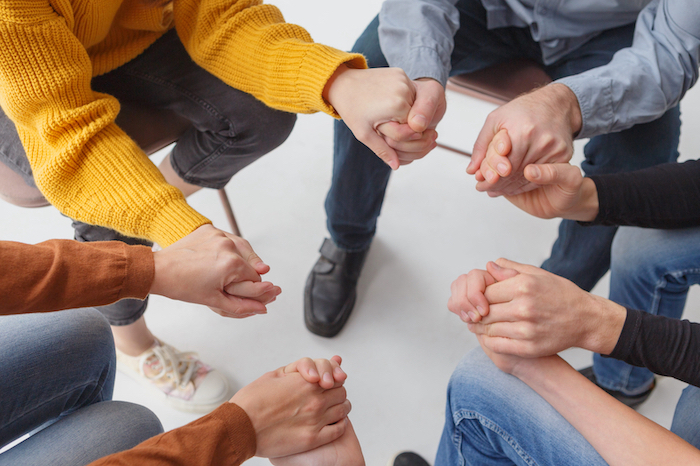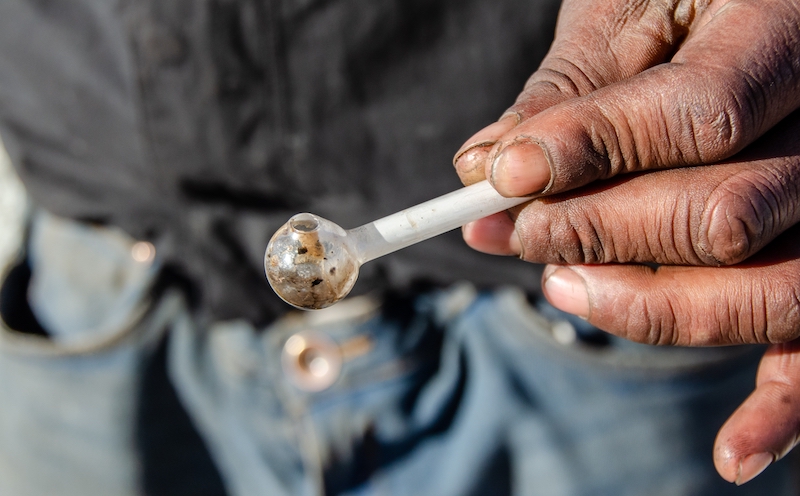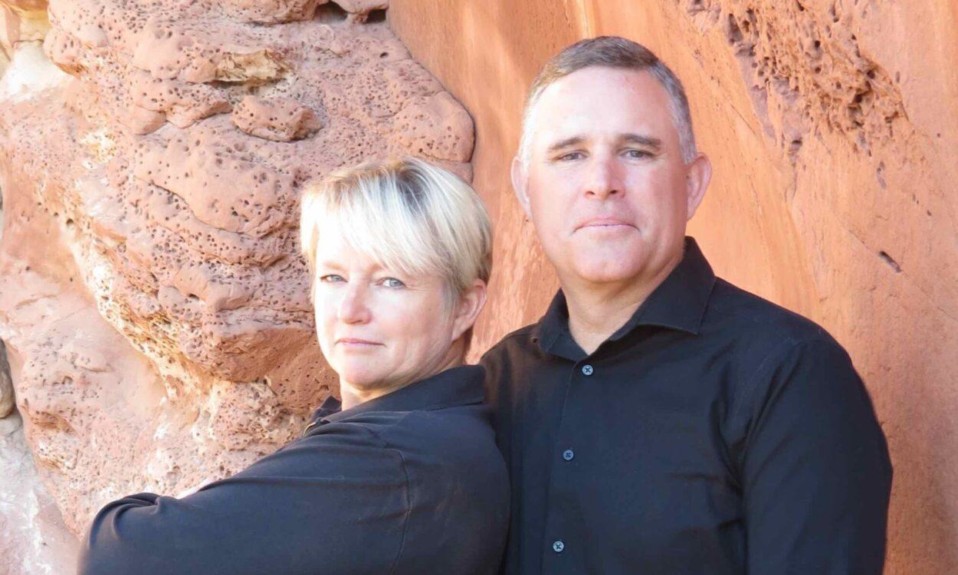There’s more to it than just showing up. Here’s a primer that will help to set your recovery in motion
This is the first installment in a two-part series. Look for the second part in the coming weeks.
By Ryan Blackstock, PsyD
In working with clients who are in early recovery, I talk about meetings as an ongoing support system beyond treatment. I frequently comment on how the fellowship and sense of connection are strong at meetings, and that they are available online worldwide. The experience, I say, is like having a million friends that you just haven’t been introduced to yet.
I want clients to attend meetings where both the message of recovery and the engagement level are effective and compelling.
As part of my work, I decided to apply my training to help clients find the “good” 12-step meetings. Certainly, what makes a meeting “good” is subjective, but I want clients to attend meetings where both the message of recovery and the engagement level are effective and compelling.
The “Good” Meetings
The first task is getting clients to sit at a healthy table. To facilitate that, I came up with some criteria:
- If people are complaining before the meeting about their probation officer, the cops, etc., it’s probably not a healthy table. At one point years ago, I had the honor of bringing a person into the fellowship who was a friend of the family, and he was still fairly angry at the court system. We found a meeting near his house and went in. I recognized the obvious signs at one table that indicated it was a Big Book/12 and 12 study (12 steps and 12 traditions), so we sat there. (I live in the Midwest, where meetings start together but then break up into separate tables.) The group happened to be on chapter 5 of the Big Book. The other meeting tables were separated by cubicle dividers, and on the other side of the one closest to us, we could overhear a nonstop barrage of negativity about the local district court. After the meeting, my person said, “I’m glad you picked the table, because if I had come by myself, I would have sat at the other one.”
- If people have lots of signature sheets out and are wanting to get them signed before the meeting starts, it’s probably not your best bet. This might seem a little unfair. Just because someone is court-ordered to attend a meeting does not mean they are not motivated about recovery. For some people, in fact, that is exactly the wake-up call they need. But I have seen enough meetings where a lot of sheets often mean a lot of non-participation. I have seen plenty of tables not last more than 15 minutes beyond the formal meeting start, as many people are just there to acquire a signature. My guidance to clients is to seek the table with the fewest sheets.
- Every meeting is a bit different; fellowships like Alcoholics Anonymous are designed this way. Some meetings have one or more greeters. These are individuals who, as part of their service, welcome members and newcomers and provide any assistance they can. If the meeting you try has an official greeter—if someone shakes your hand, greets you and asks if you are new—that’s probably a good sign. This is likely a person who comes to this particular meeting frequently. It might even be the person’s “home group,” and he or she can point you to the table with the “old-timers.” If you are fortunate, your meeting might have so many old-timers that it’s easy to find a high-quality table.
- If you see people who are talking and laughing together before the meeting at a table, this is probably a good sign. It demonstrates a certain comfort level. If you are a first-time attendee, such laughter and camaraderie can be a bit intimidating. But don’t view it that way. When I was doing specific addiction training for future clinicians, I would always require them to go to an “open” 12-step meeting (meaning open to the general public). Time after time, they would come back and share that they had not expected people to be so lighthearted yet also so vulnerable and caring. They expected to be in a drab room among people who were feeling depressed and hopeless. The lesson? If you see positivity, put yourself in its path.
- Another easy “hack,” as people call it now, is to arrive early. If you see people setting up for the meeting, sit at their table—they likely are the “home group.”

The Horse Thief
For this article, I put my theories to the test once again and attended several new meetings. In all but one case, I landed at great tables. I want to say something about that one exception as a precaution. I am from Texas, where we have all sorts of colorful phrases to get across our points. The relevant one here is:
Question: “What do you get when you take a drunken horse thief and remove the alcohol from their lives?”
Answer: “A sober horse thief.”
If you have read some of my other work, you understand why I would argue that you actually get an “abstinent” horse thief, because we use the term “sober” to mean someone is working on recovery.
The fellowship thrives on differences, but we try our best to set them aside and focus on our commonality: the task of staying sober.
The point is, not everybody in a 12-step program is a shining example of acceptance, love, guidance, etc. People still have attitudes, prejudices and opinions that may not be to your liking. That’s okay. The fellowship thrives on differences, but we try our best to set them aside and focus on our commonality: the task of staying sober.
If a member of a program upsets you, don’t let that taint your overall view. If nothing else, you’ll know to sit at a different table the next time. At the one table I sat at that was less than great, the leader was fairly brash with others, particularly with some newcomers who had ideas about the 12 steps that were different from his.
I tell clients that I feel sure that one negative experience with alcohol or drugs didn’t deter them from chasing their addiction. So, don’t let one negative recovery experience deter you from finding life-saving sobriety. If anything, what you may have learned is this is not how you want to look or come across in your recovery, and let that guide you to finding others who might serve as temporary role models.
In the next part, I’ll cover sponsorship, tips for how to share in meetings and the nature of confidentiality.
Ryan Blackstock PsyD, LP, CAADC received his doctorate of psychology from the Center for Humanistic Studies in 2006 and has worked as an addiction counselor since the early 1990s. He earned a distinguished service award from the National Kidney Foundation (Michigan chapter) for pioneering a substance abuse education program for people awaiting organ transplant. Blackstock teaches at the Michigan School of Psychology master’s program. In his free time, he enjoys game design, playing heavy metal and studying symbolic aspects of ancient Egypt.
Top photo: Shutterstock; bottom photo: Thought Catalog












